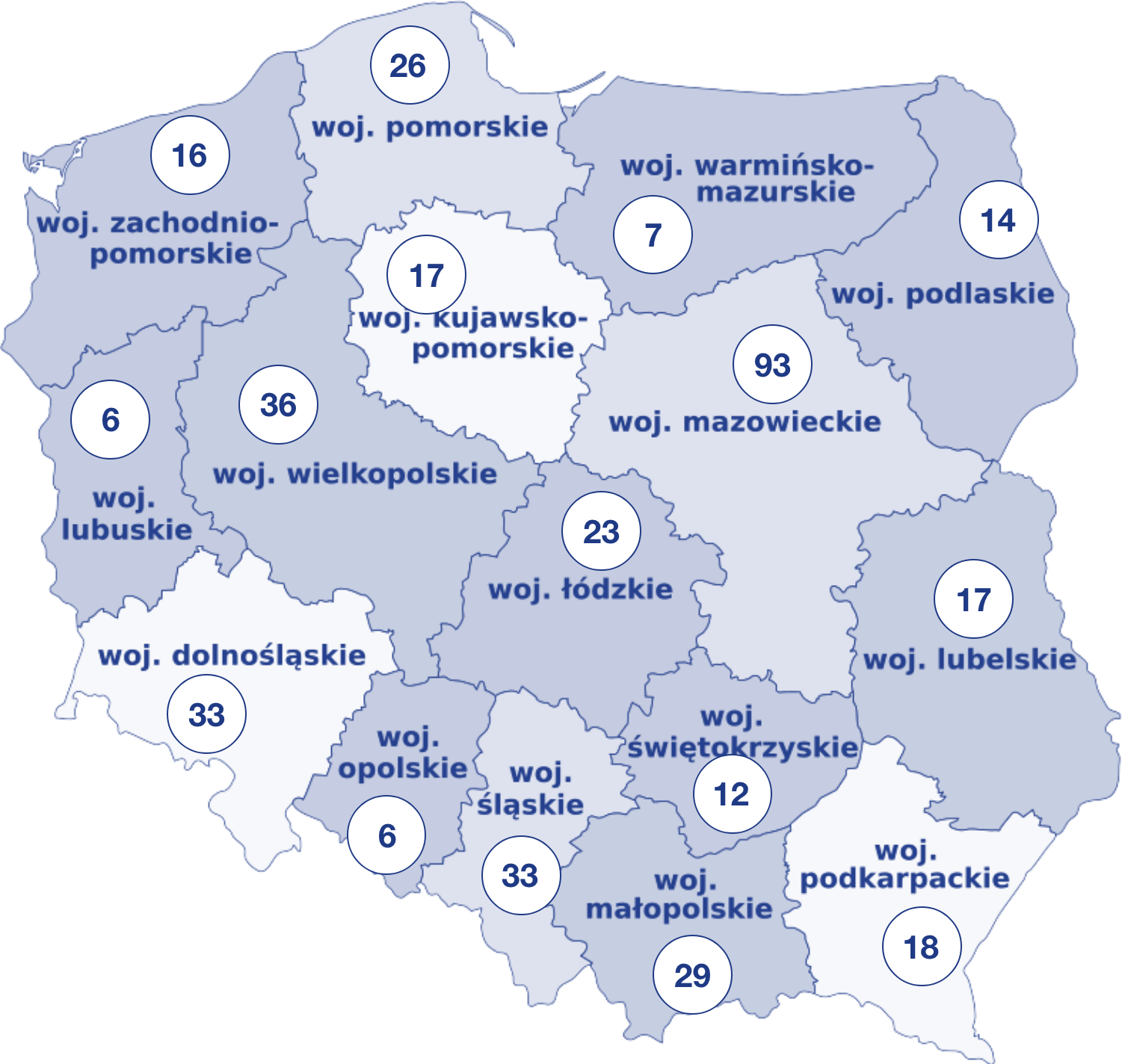The year 2018 was dominated by the announced and introduced legislative changes related to the so-called Constitution for Science.
The version of the Act of 2017 ( Dz.U. 2017, item 2183) contained 7 regulations indicating the important role of broadly defined employers (including representatives of employers’ organisations) in the proper functioning of both higher education institutions and the entire higher education system. It also lists 4 aspects of cooperation between higher education institutions and the social and economic environment:
- carrying out research (art. 4. ust.4) ;
- cooperation as an integral part of the quality evaluation (art. 48a, ust. 3, pkt 4);
- inclusion of representatives of the social and economic environment in the composition of the Council of public higher education institutions (art. 63, ust. 1);
- opportunities for the implementation of doctoral programmes in cooperation with the social and economic environment, in particular with entrepreneurs or other entities employing participants in these programmes(art. 195, ust 5a).
The division of the education profiles into the following is important for the realisation of tasks of a professional field expert :
- practical, where more than half of the ECTS credits are allocated to courses that develop practical competencies;
- general academic, where more than half of the ECTS credits are allocated to courses related to research activities carried out in a higher education institution.
It is expected that the role of experts-employers will strengthen in the coming years, due to the legal requirement to include at least 6 months of internship in the curriculum for practical programmes in the case of first-cycle and long-cycle programmes and 3 months in the case of second-cycle programmes.
This also means an increase in responsibility and the need for constant improvement of quality and increasing the value (usefulness) of the results of the work of professional field experts.
Candidates for experts from the group of employers are proposed by employers or their representative organizations, based on their awareness of the principles of organization of higher education institutions and their cooperation with external stakeholders, as well as their experience in cooperation with higher education institutions.
The recruitment procedure leading to the appointment of an expert is described in point 5 of Appendix No. 6 to the Statutes of the PKA.
Number of degree programmes by area
- Humanities: 3 134;
- Medical, Health and Physical Culture Sciences: 1 959;
- Life Science: 801;
- Section for Agricultural, Forestry and Veterinary Sciences : 743;
- Social Science: 5 445;
- Science: 750;
- Technical Science: 3 029;
- Arts: 761.
Degree rogrammes offered abroad: 41
Profiles of the degree programmes:
General academic 9 001

